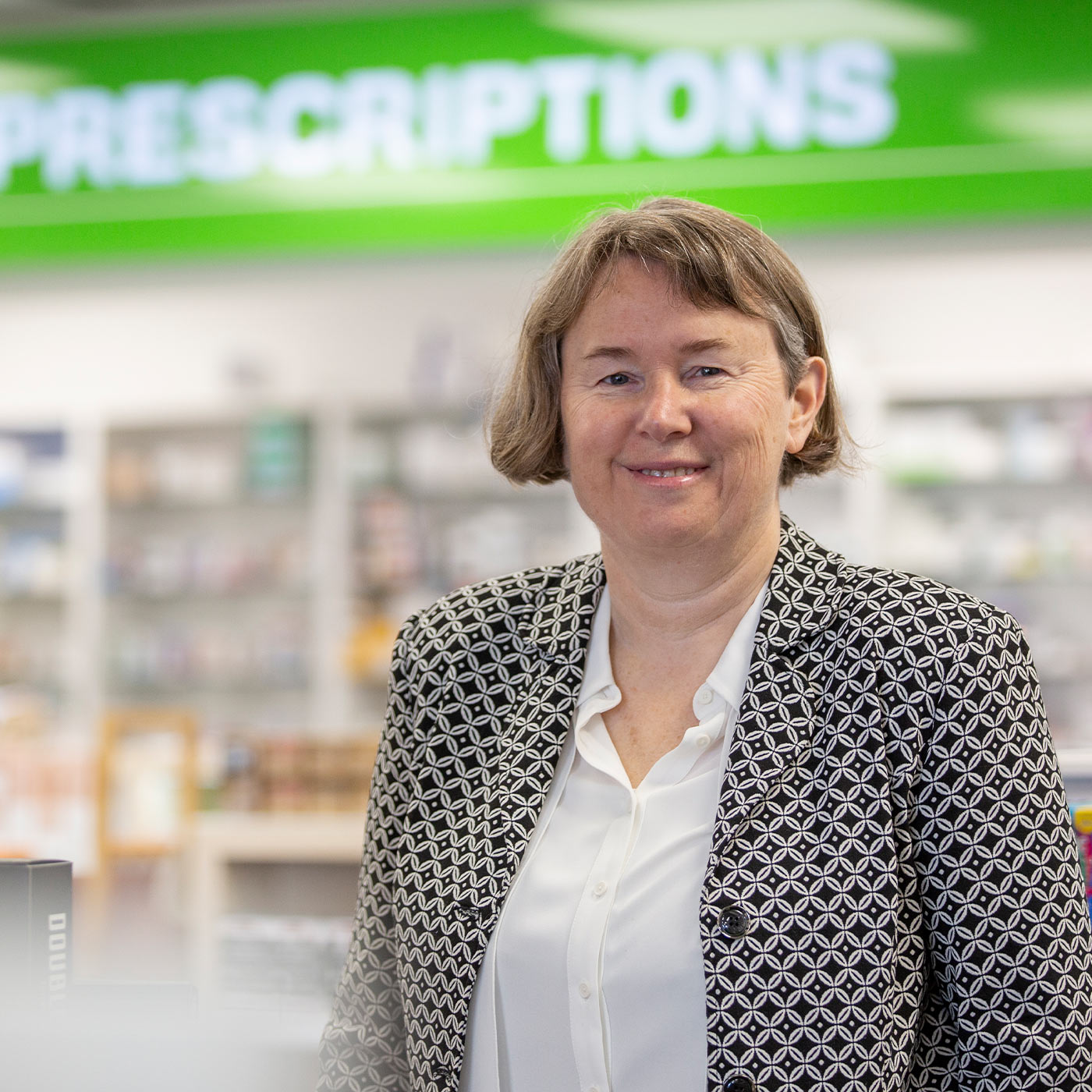Medicines for equity
Improving access to medicines could be a simple and relatively inexpensive way to ensure a healthier life for all New Zealanders. Otago researchers are working with Pharmac to identify the barriers.
Far too many New Zealanders are missing out on a basic human right because of difficulties getting appropriate medicines, says University of Otago Professor Pauline Norris.
Norris (Centre for Pacific Health) has decades of research experience into how people use and access medicines, with particular emphasis on the problems some face and the resulting inequities in health care.
Now she has a $1.3 million Health Research Council grant to follow a number of households over a year to explore their interactions with the health-care system and identify barriers to accessing and using the right medicines.
The main focus is on demographics missing out – Māori, Pacific Islanders, refugee households and people living in poverty: people whose need is great.
“Poor access to medicines is one of the reasons why some groups have much poorer health than others, so understanding how to improve this is really important to ensuring the health system is more equitable…”
“Lots of people have some problems at some point in their lives,” says Norris, “but some people have it really tough with constant barriers and associated stress.
“Many struggle to afford their medicines. They have to choose between them and other essentials like food. Many regularly go without the medicines they need, leading to further health problems, unnecessary suffering and sometimes hospitalisation.
“Some find it hard to pay for primary care. GP charges and prescription charges can mount up, especially for people living in less affluent areas of New Zealand.”
Norris' research has already shown how even the $5 charge for filling a prescription can be a problem for low-income families needing a lot of medicines.
Aside from affordability, other common barriers include being made to feel uncomfortable with health-care providers, experiencing racism, or not understanding how the health system works, which is often a problem for migrants and refugee families who may have come from places with very different systems.
“Most people know that the health system isn't always easy to use, but medicines are a fundamental human right. They're often a relatively inexpensive way that a health system can prevent and manage illness, so we should be making it simple for everyone to access them.”
Norris's team is collaborating with pharmaceutical funding agency Pharmac to identify problems in interactions with the health-care system and to find ways to reduce them.
“Pharmac are really concerned that there is a lot of inequity in medicine access and use and genuinely want to do something about it. We have a really good relationship and regularly share our findings with them, while they provide us with more questions they want answered to improve their service.
“In our current study we have already recruited about half the households we need so we are learning much more about the problems people face. We're providing a really good link between everyday people's lives and the world of policymaking in Wellington – often very separate places.”
Research has already come up with surprises.
“One barrier to access we had not thought of happens when hospitals discharge patients with prescriptions to collect rather than with the medicines they need. If people can't easily get to a pharmacy or can't afford the charges, they may go without.
“Poor access to medicines is one of the reasons why some groups have much poorer health than others, so understanding how to improve this is really important to ensuring the health system is more equitable, and that everyone in New Zealand has the best chance for a healthy life.
“This research opportunity allows a great team of experienced and emerging researchers to collaborate closely with Pharmac to inform their policies and programmes. It's all part of Otago's ongoing success in attracting funding for health delivery research.”
Funding
Health Research Council
Professor Pauline Norris: “We're providing a really good link between everyday people's lives and the world of policymaking in Wellington – often very separate places.”
